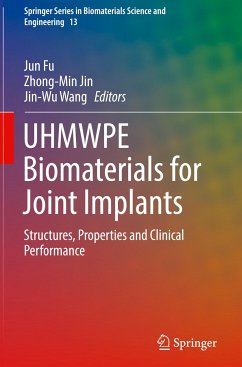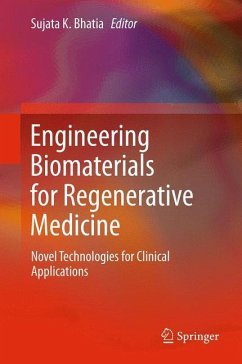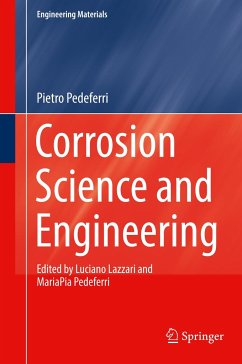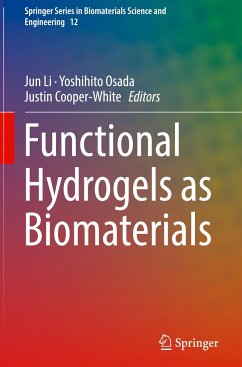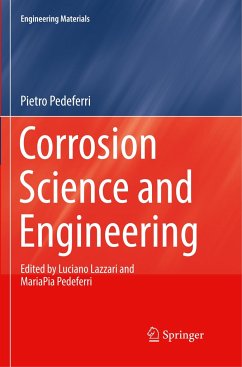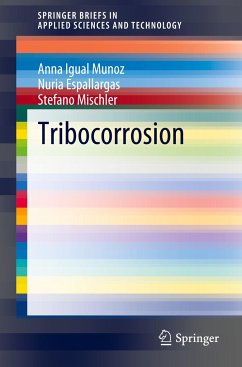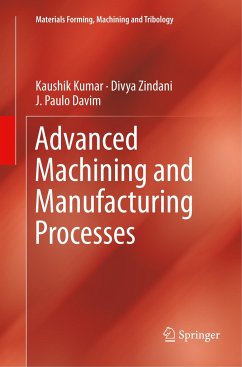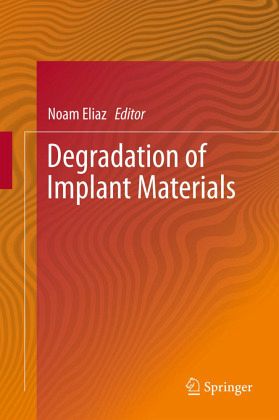
Degradation of Implant Materials

PAYBACK Punkte
57 °P sammeln!
This book reviews the current understanding of the mechanical, chemical and biological processes that are responsible for the degradation of a variety of implant materials. All 18 chapters will be written by internationally renowned experts to address both fundamental and practical aspects of research into the field. Different failure mechanisms such as corrosion, fatigue, and wear will be reviewed, together with experimental techniques for monitoring them, either in vitro or in vivo. Procedures for implant retrieval and analysis will be presented. A variety of biomaterials (stainless steels, titanium and its alloys, nitinol, magnesium alloys, polyethylene, biodegradable polymers, silicone gel, hydrogels, calcium phosphates) and medical devices (orthopedic and dental implants, stents, heart valves, breast implants) will be analyzed in detail. The book will serve as a broad reference source for graduate students and researchers studying biomedicine, corrosion, surface science, and electrochemistry.
This book focuses on degradation of biomaterials, which is one of the major considerations in their design, processing and use. It introduces the reader to the body environment and to the mechanical, chemical, electrochemical and biological processes that are responsible to the degradation of biomaterials. The outcomes of degradation are discussed in detail. Different failure mechanisms such as corrosion, fatigue, wear, infection and calcification are reviewed, together with experimental techniques for monitoring them. Procedures for implant retrieval and failure analysis are presented. The degradation of a wide spectrum of materials is reviewed, from several kinds of metals to various polymers and composites. A variety of medical devices is analyzed, including hip and knee prostheses, dental implants, permanent and absorbable stents, heart valves, inferior vena cava filters, breast implants, ophthalmic implants, intrauterine devices, and drug delivery devices.
All chapters are written by world renowned experts. Thus, this book is a must-have for anyone wanting to become familiar with this area, including scientists, engineers, implant manufacturers, and venture capitalists. This book will be valuable for materials, mechanical, biomedical and corrosion engineers; biologists and doctors; chemists and electrochemists; surface scientists, and failure analysts.
All chapters are written by world renowned experts. Thus, this book is a must-have for anyone wanting to become familiar with this area, including scientists, engineers, implant manufacturers, and venture capitalists. This book will be valuable for materials, mechanical, biomedical and corrosion engineers; biologists and doctors; chemists and electrochemists; surface scientists, and failure analysts.





